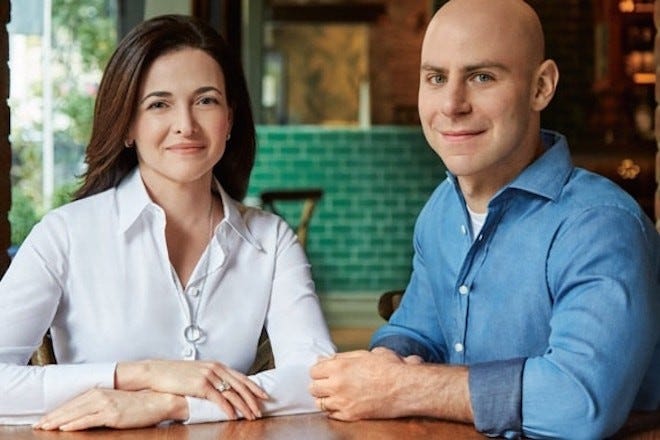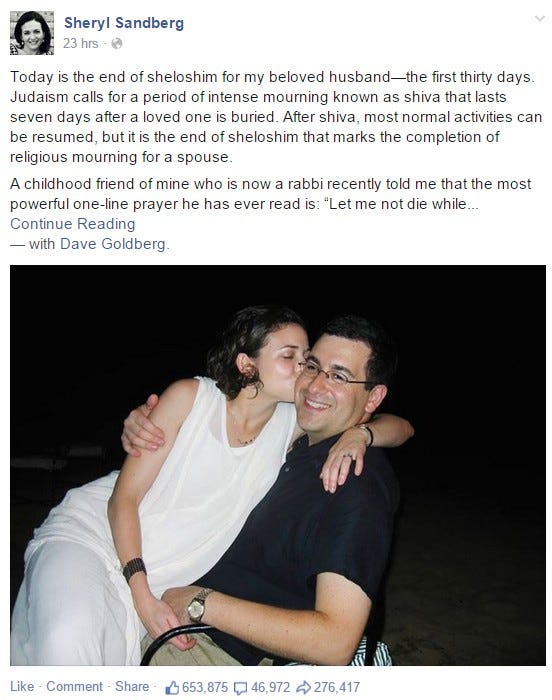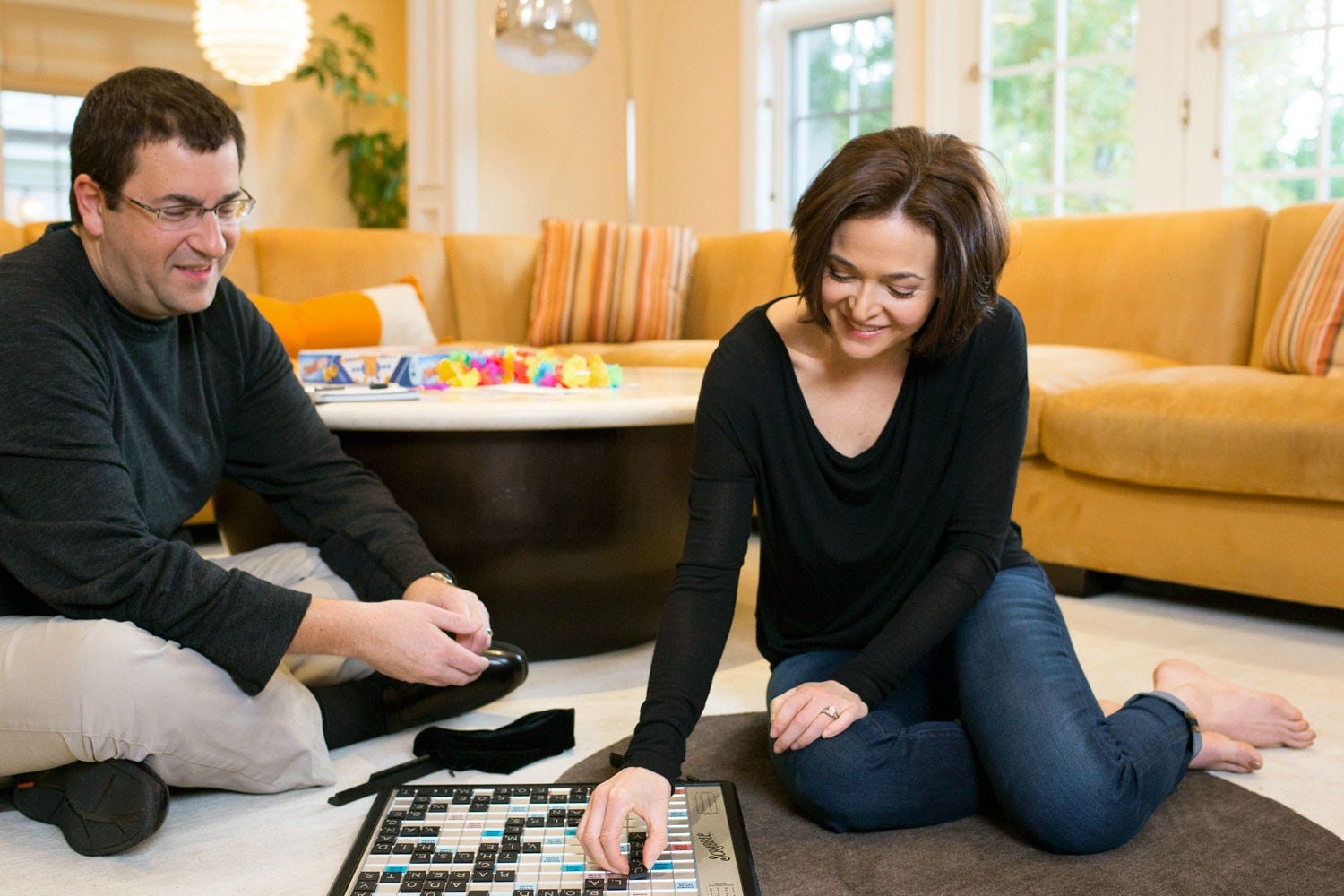ART OF BEING RESILIENT
Have you landed somewhere by chance and then dwell in love with the same by choice? Yes, things in life happen by chance but stand as a choice more often. That’s how I fell in love with this word resilience. Got to hear about this by chance, experimented a bit by choice and now I am overwhelmed with its power. How did I miss knowing this so long? You will feel the same at the end of this short write-up on resilence.
One easy way I trust to find trustworthy resources is to try out things being loved by Linkedin connections. It doesn’t mean that I fall for advertisements rather I do trust something they have as pride in their profiles. Something that would add extra value to their profile. I met Mr.Resilient this way, from one of my connections and guess what the ride was super exciting to start from a simple google search for it’s meaning and diving deep to explore it later. Let’s break things down and cherish your mind the same way I did.
This story is all about my understanding and learnings from this amazing resource https://optionb.org/ — Option B is a new book by Sheryl Sandberg(COO, Facebook) and Adam Grant(psychologist) on facing adversity, building resilience, and finding joy.

Sheryl describes how she was facing adversity and tactics she followed building up resilience for her children with the help of Adam, her psychologist. We do have an immature understanding that popular people with lots of money suffer less compared to us. But that’s not the case. Money has nothing to do with resilience, sufferings, anger, stress, and adversity. At the end of the day, we all are humans and we have no idea of what’s coming next to us. Thus the sufferings are of the same intensity. Actually the title is very powerful, it gained my attention immediately and guess what that’s the major driving factor. Just spell this once **Option B, **quite insightful right? Don’t worry if it does make any sense as of now. Things will get easier soon as we move on further in this context. Trust me!
It’s really challenging for people to open up about the biggest struggles that they face in their lives. Sheryl lost her husband Dave Goldberg, CEO of SurveyMonkey in early May 2015. She was so desperate and her **post** relating this on Facebook went viral. Not in a negative way, it brought up so much of positivity and humanity out. I will leave the **link **here. If you read the lines from her, you will understand how much of adversity she would have faced. Of course, we all react the same way, right? That’s not a big deal. What’s interesting is the lesson she had left for us to learn post adversarial challenges.

Let me just list a few learnings from that particular travel which is worth hearing below. I am not interested in sharing anything beyond this regarding her husband’s demise. You can find them online. Let’s just drill down more on our context resilience and how it impacts us psychologically.
What is resilience?
Resilience is just the capacity to recover quickly from difficulties.
Can you relate it now? Yes, we could have done this many a time. But if you have some basic understanding of it you would have won a bit earlier and effective. A person’s demise, cancer and things like that are worse and it would be daunting for us to deal with. But is ok to let it the way it affects so long. Life has to move on right? Imagine what would be the condition of her children if Sheryl didn’t succeed in overcoming her adversity and frustration after Dave’s death.

Studies show that children are more likely to affect these kinds of challenges faster and struggle worse compared to others. If Sheryl isolated herself with adversity then her children would suffer so. She is the only hope for them and she is the only person who could make them feel better. This made Sheryl overcome adversity, anger and frustration step by step. So the next time you face adversity thinks of your parents, your spouse or someone who might be dependent on you and only you. It’s your duty and it’s obvious for you to fight against adversity to build confidence over time.
How much resilience do I have and how do we measure it?
How much do I have? It sound’s normal but you won’t get many insights. Resilience is something you can build over time. It’s a skill set that we work on throughout our lives. It’s something that we can build long before we face any kind of tragedy or difficulty. It’s really about learning, what does it take for me to find the strength in a tough situation? And then being able to apply those skills when they’re most needed.
How could one build resilience then?
One of the ways you build resilience is you fight permanence.
You have to believe that it won’t be this bad forever. When people face adversity, it’s incredibly common for them to walk away thinking, I’m depressed. I’m anxious. This just feels unbearable, and it’s going to feel like that forever. If you look at the evidence on this, most of those predictions turn out to be false. It’s called affective forecasting. Affective forecasting is about your ability to predict your emotional future.
Data shows that people overestimate how bad it’s going to be and how long the misery will last.
Do we? Think a second in this context. We can build resilience over time by changing how we process negative events. It can be strengthened by expressing gratitude for the good things in our lives.
Let me introduce you to a simple hack,
Just replace the words like always and never with sometimes and later.I would always fail to finish my tasks on time — I would sometimes fail to finish my tasks on time.
Sounds positive right? Start from here and one day we would be fine dealing with adversity. Another hack you could try is
Focus on small wins.
Yah, you’ve heard it right. Just celebrate small wins and long for appreciations in general. An easy way to focus is to compromise your mind to align with it. Knowing that others notice you, care about you and rely on you gives you a lot of energy to fight depressions, failures and post challenges.
Let me end up with some final notes on how to deal with people suffering from such challenging situations in life. It’s crucial since lots of emotions are involved in it.
Always take action on something rather than asking them what they are in need of.
This is the most practical hack we could follow. Let me make it more clear. Imagine one of your friends is suffering from cardiac disease and admitted to the hospital for treatment. Which among the below questions do you think could help him really?
*Is there anything I can do for you? (or) I have bought some bread for you and what would you prefer jam or butter with it? *The second one gifts him some hope and sounds lovable compared to other skeletal type questions.No will be in the state to answer your questions during such tough times. It’s how we take actions and what understanding we build regarding it.
As a final note just remember this,
Happiness is the frequency of positive experiences and not intensity.
You can find more detailed descriptions, articles, and discussion groups about this context below.
It’s not only you who suffers and not always you do so. Stay positive and enjoy experimenting with life!
Published By
Originally published at https://www.linkedin.com.
...
Personal blog of Mariappan S. I’m a Web engineer working with React, Vue, GraphQL and Node. Happy engineer turned a happier writer! I am fond of tech, irrevocably in love with teaching it!
Feel free to connect with me on Linkedin or contact me at +91 8072343371